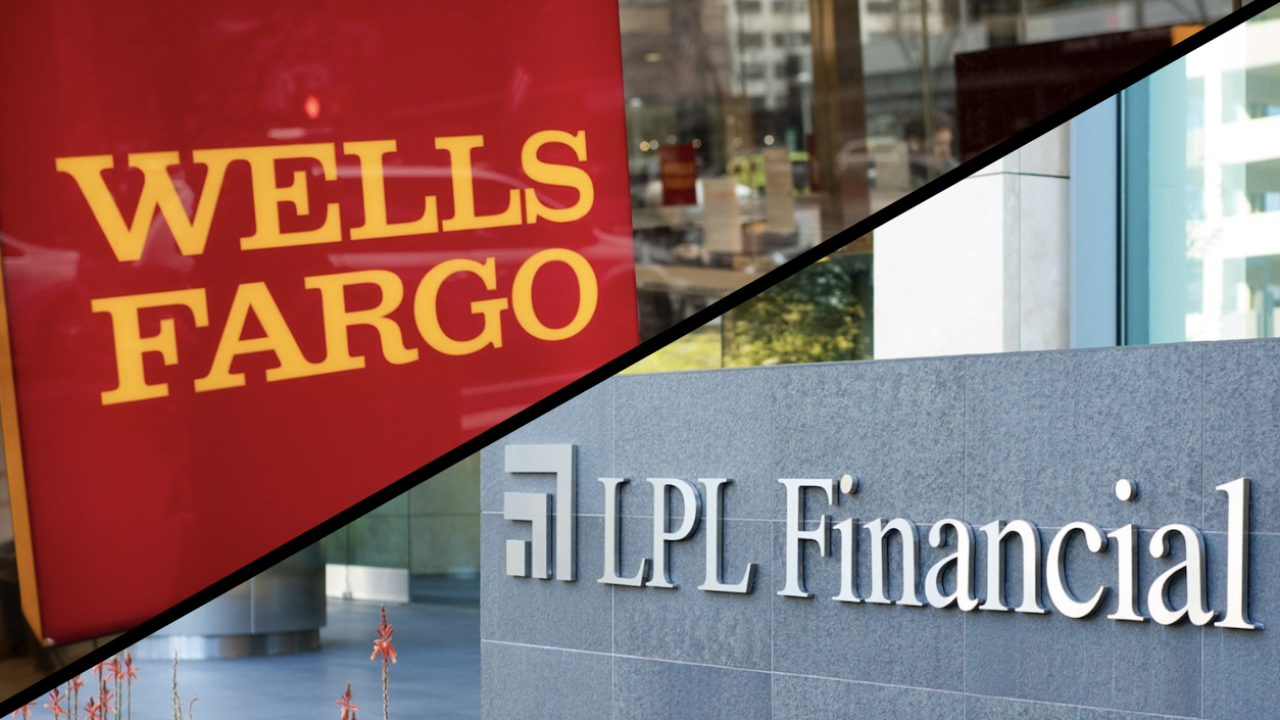NEW YORK - Niche websites offering mutual funds provide fund firms struggling to compete in supermarkets an alternative distribution method with several advantages, according to fund executives.
Niche financial websites offer funds struggling in the crowded supermarket channel some hope, said Todd G. Everts, president and chief executive officer of Wall Street Offshore of New York, a global supermarket for offshore funds. Everts spoke at a conference here hosted by International Communications Management Group of Chicago.
More than just flash-in-the-pan, dot-com start-ups, niche websites are a viable way to boost sales, he said. While they will not supplant fund supermarkets as a distribution channel in the near future, they could generate greater sales and be a more effective method of fund distribution for some funds, he said.
Financial websites that sell funds offer several advantages over supermarkets, Everts and other executives said. Little or no branding is needed on the part of the fund company because the website is responsible for attracting visitors, they said. Most niche websites are designed to educate investors, taking a lot of the emphasis off of performance and placing it on matching an investor's needs with an appropriate fund, Everts said. Also, because the sites are not cluttered with thousands of other funds, there is far less competitive pressure, Everts said.
Whatifi.com of San Francisco is a good example of a niche site that attempts to match a fund with an investor's needs, he said. The website launched early this year and began selling index funds last month through a partnership with Barclays Global Investors of San Francisco. The website includes a comprehensive financial calculator and is designed to provide investment advice for young professional investors, said Monica Chandra, executive vice president of product marketing.
Another financial niche site, Savedaily.com of Irvine, Calif., takes a different approach to attracting assets. This site, launched last November, encourages investors to purchase everyday items offered by hundreds of different retailers listed on the site. A percentage of the purchases can then be invested in funds from four companies: Berger Funds of Denver, PIMCO of Newport Beach Calif., ING Funds of West Chester, Pa., and HighMark Funds of Oaks, Pa.
With investment minimums set at $5, the funds do not expect Savedaily.com to be a huge source of assets, but it establishes a relationship with investors that can generate greater assets when the investor decides to make a more significant investment, like a 401(k) plan, Everts said.
Berger Funds decided to partner with Savedaily.com in order to reach the market that wants to invest but does not have the resources to meet investment minimums, said Sally Carleton, vice president of corporate communications at Berger.
As Everts noted, Berger decided to partner with Savedaily.com because it is looking ahead to gathering greater assets from these small investors in the future, Carleton said. "We treat it as an omnibus account," she said. "We aren't dealing with the shareholders, they are. I think reaction to this has been favorable."
It is far harder for a fund to stand out in a standard fund supermarket, and virtually impossible for a fund without stellar performance or a strong brand name, Everts said. These are the two most important factors in selling funds through a supermarket, he said. Without a household name and a multi-million-dollar advertising budget to back it up, a fund company needs a best-of-class fund to attract assets through a supermarket, according to Everts.
Using financial advisors to generate assets in fund supermarkets is another alternative, but a costly one that has mixed results, Everts said.
Attaching a share class to compensate financial advisors or lowering the cost of purchasing through a supermarket are two other strategies funds have used to spur sales through supermarkets, but these, too, have not been terribly successful, he said.
Fidelity of Boston and Charles Schwab of San Francisco command 80 percent of the assets invested in fund supermarkets, increasing the competition between funds and compounding the difficulty of selling through this channel, Everts said.





